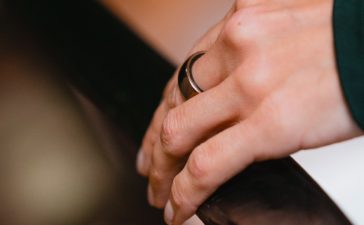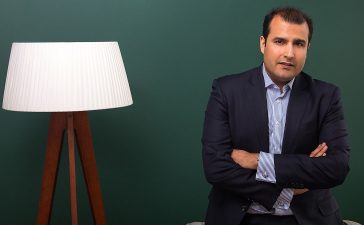Too late for pilots?
Still, some environmental experts argue that it’s too late for pilot programs. Given the amount of plastic currently flowing into our oceans (8 million metric tons per year) and the fact that it’s been found in human bodies, blood and breast milk, more drastic measures are needed—including legislation.
“We are well past the point where we need pilot programs. We need to ban plastic bags and make non-plastic, affordable, reusable bags widely available to the public,” Judith Enck, president of Beyond Plastics and former regional EPA director, told Adweek.
“Shifting to reusable bags isn’t rocket science. But we need laws in the books banning plastic bags to effectively address this growing problem,” she said.
A patchwork national landscape
New Jersey adopted a plastic bag ban in 2022, requiring shoppers to start changing their habits in retail stores. That offered an opportunity to Closed Loop, Daly said, to understand: “In those ideal circumstances, how does a customer engage with a returnable bag system?”
The returnable bag pilot offers shoppers a returnable, durable polypropylene bag at checkout for a $1 deposit—a proposition that Closed Loop hopes will be even more welcome given the recent bag ban. On their next visit, shoppers can return the bag at a kiosk at the front of the store to get their deposit back.
Following the pilot program, Closed Loop will incorporate data collection efforts and on-the-ground observations to understand where friction occurs and how to improve the program for more complex environments.
In Denver and Tucson, the bring-your-own-bag pilots offer two different contexts for the same program, which follows Closed Loop’s playbook on messaging to encourage shoppers to bring their own bags.
“Tucson and Denver are different from each other so that we can understand how testing in places with different policies, demographics and social norms might impact the behavior change around bringing your own bag,” Daly said. Denver has a bag fee, for example, and Tucson doesn’t.
“We’re seeing a huge appetite for this type of work to support customers, to support their retail staff, in shifting to the better environmental impact but also the money savings as people bring their own bags,” she added.













